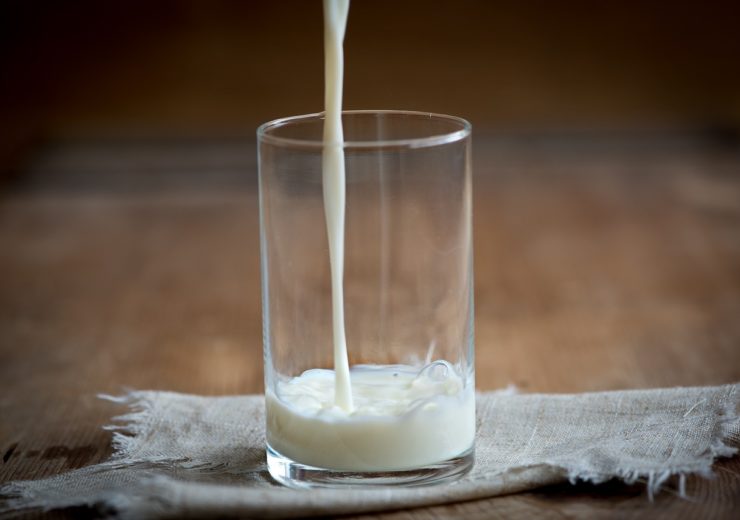Danone’s Nutricia spray drying plant processes raw milk, sourced from 18 local farms, into powder

Image: Nutricia spray drying plant processes raw milk into powder. Photo: courtesy of Pezibear from Pixabay.
Food company Danone is set to invest NZ$40m (£21.7m) in its Nutricia spray drying plant in New Zealand, as part of its measures towards the achievement of 100% carbon neutrality by 2021.
Danone will use NZ$30m (£16.3m) for the installation of an advanced biomass boiler at the spray drying plant situated at Balclutha in the Otago region of the South Island.
The company will also use the investment to install a new water treatment plant to meet stringent global clean water standards.
Resource management company Veolia has been appointed to design and manage the construction of a new biomass boiler.
Once operational, the biomass boiler is expected to reduce Nutricia plant’s CO2emissions by 20,000 tonnes per annum.
Role of boilers in spray drying
Nutricia spray drying plant is involved in the processing of raw milk, sourced from eighteen local farms, into powder.
The powder will be used for the production of major infant milk formula (IMF) brands such as Aptamil and Karicare.
Boilers play a significant role in spray drying, a process that converts milk into a dry powder through applying heat. Around 85% of the entire plant’s energy consumption comes from steam production, said the company.
In contrast to the gas or coal-powered boilers, Danone’s biomass boiler uses sustainable wood fuels, which is sourced locally.
Danone New Zealand operations director Cyril Marniquet said: “This significant investment, in what we expect to be New Zealand’s first carbon-neutral plant of its kind, underscores Danone’s global ‘One Planet. One Health’ vision and the belief that the health of people and planet are interconnected.
“We share the New Zealand Government’s ambitions in delivering a low-emissions, climate-resilient future. At Danone, we’ve set ourselves an objective of becoming a carbon-neutral company across our entire scope–from farm to family–by 2050. It is through key investments like this one that we take a step forward towards reaching this ambition.”
To achieve carbon neutrality by 2050, Danone has set intermediate targets, including a 50% reduction in carbon emissions intensity across its full scope by 2030.
